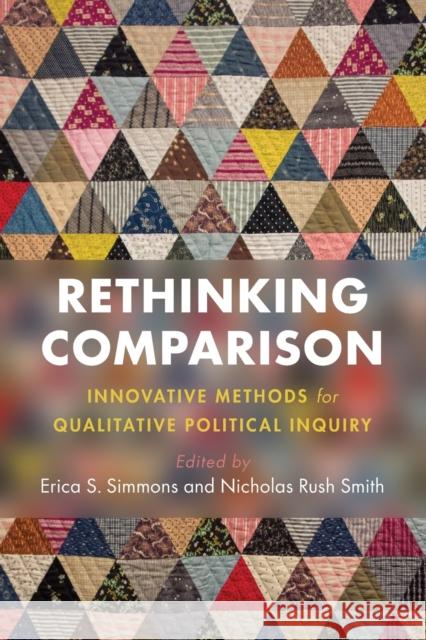Rethinking Comparison: Innovative Methods for Qualitative Political Inquiry » książka
topmenu
Rethinking Comparison: Innovative Methods for Qualitative Political Inquiry
ISBN-13: 9781108965743 / Angielski / Miękka / 2021 / 225 str.
Rethinking Comparison: Innovative Methods for Qualitative Political Inquiry
ISBN-13: 9781108965743 / Angielski / Miękka / 2021 / 225 str.
cena 154,78
(netto: 147,41 VAT: 5%)
Najniższa cena z 30 dni: 135,95
(netto: 147,41 VAT: 5%)
Najniższa cena z 30 dni: 135,95
Termin realizacji zamówienia:
ok. 22 dni roboczych.
ok. 22 dni roboczych.
Darmowa dostawa!
Brings together chapters from more than a dozen leading methods scholars to revolutionize qualitative research design.











